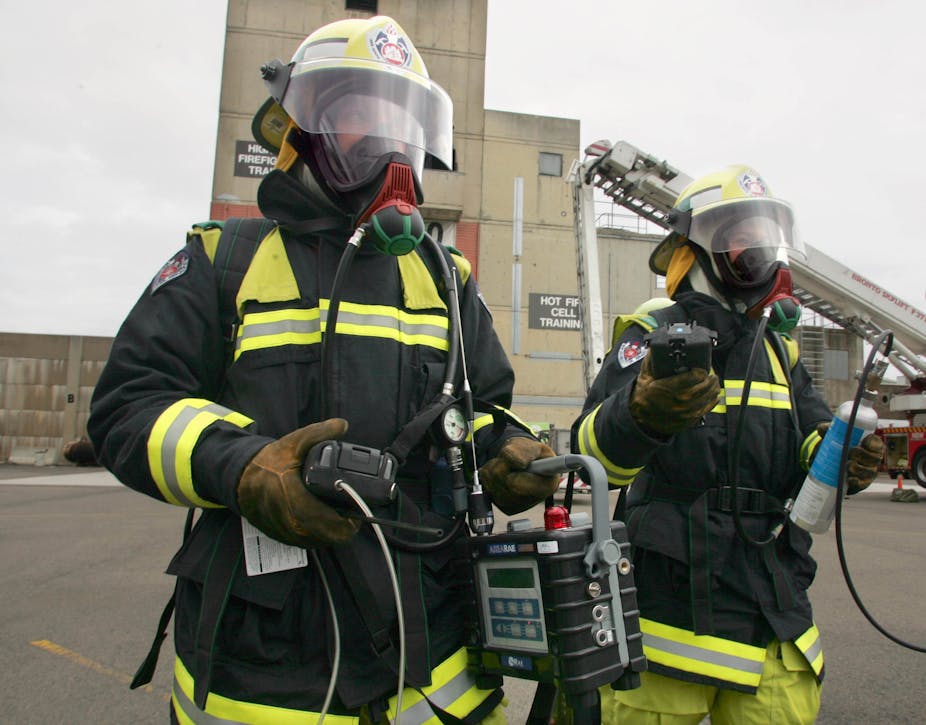Within a couple of weeks of each other, the independent monitors of counter-terrorism laws in both the UK and Australia have delivered their reports assessing the operation of national security legislation in each country.
The first Australian report by the Australian Independent Monitor offers hope that Australia’s anti-terrorism laws may be subject to strict and rigorous oversight. But a truly “independent” review in the UK has proved more difficult.
So how does the Australian monitor stack up against the office on which it was modelled, the UK’s Independent Reviewer of Terrorism Legislation?
The first report of Australia’s independent monitor, Bret Walker SC, was tabled in parliament two weeks ago. It is thorough and balanced and demonstrates real independence from interference by the government.
In contrast, many have been critical of the UK’s Independent Reviewer of Terrorism Legislation assessment released last week and have questioned the monitor’s independence.
So what are the differences between the two?
Personality politics
Australia’s Independent Monitor is informed by an act of parliament. This establishes a strict set of guidelines detailing the function, powers and appointment process of the position.
The monitor must report on the operation, effectiveness, implications, appropriateness and necessity of the laws. By contrast, the UK’s independent reviewer is charged only with reporting on the operation of the relevant acts. The finer details of how to carry out this duty are left in the hands of the reviewer.
An effective and independent review is, therefore, a statutory function of the Australian monitor, but in the UK it depends on the personality and preferences of the reviewer.
The UK’s first independent reviewer, Lord Alex Carlile QC, was particularly criticised for failing to act as an independent and effective check on the anti-terrorism laws.
Watchdog or advocate?
It is difficult to glean Walker’s personal views about the anti-terror laws from this first, very balanced, report. Carlile, in contrast, frequently advocated for the government. He supported the continued use of control orders and frequently recommended increasing the maximum period of pre-charge detention for terrorist suspects.
Carlile accepted the need for anti-terrorism laws without reservation. Walker, on the other hand, goes so far as to question the need for the existence of exceptional anti-terror laws. Particularly those that have never, or rarely, been used. Walker has particularly identified Australia’s system of control orders in that category of infrequently used laws.
The global view
Walker is keen to examine the anti-terror laws in their broader context. Carlile frequently dismissed international comparisons as irrelevant to the UK, such as in the use of intercepted material as evidence.
In his report on control orders, Anderson noted the use of similar control order provisions in Australia. But he did not offer any assessment on their relevance to the UK context. In contrast, Walker seems willing and keen to engage with material from other jurisdictions.
He wants to understand what they can reveal about Australia’s anti-terrorism regime. Walker is offering an outward-looking process of review.
The UK’s two reviewers have focused internally, on how the laws have operated in the UK. They have had little regard to any potential lessons that might be learned from other comparable jurisdictions.
Room for improvement
Walker’s first report compares favourably to those published by Carlile and Anderson.
But the report is unusual. It does not actually make any recommendations regarding the laws.
Walker took the time to establish for himself a solid background in the legislation, case-law and academic material. The first report is promising. It reveals a comprehensive, balanced approach to reviewing the operation of Australia’s anti-terrorism laws.
Walker’s next report, due at the end of June this year, will demonstrate whether that promise can be realised.
If it can, Australia will be significantly further along the road of effective scrutiny than the UK was during Carlile’s tenure as Independent Reviewer. If it can’t, it might be time to rethink our whole approach to the scrutiny of terrorism legislation …again.

